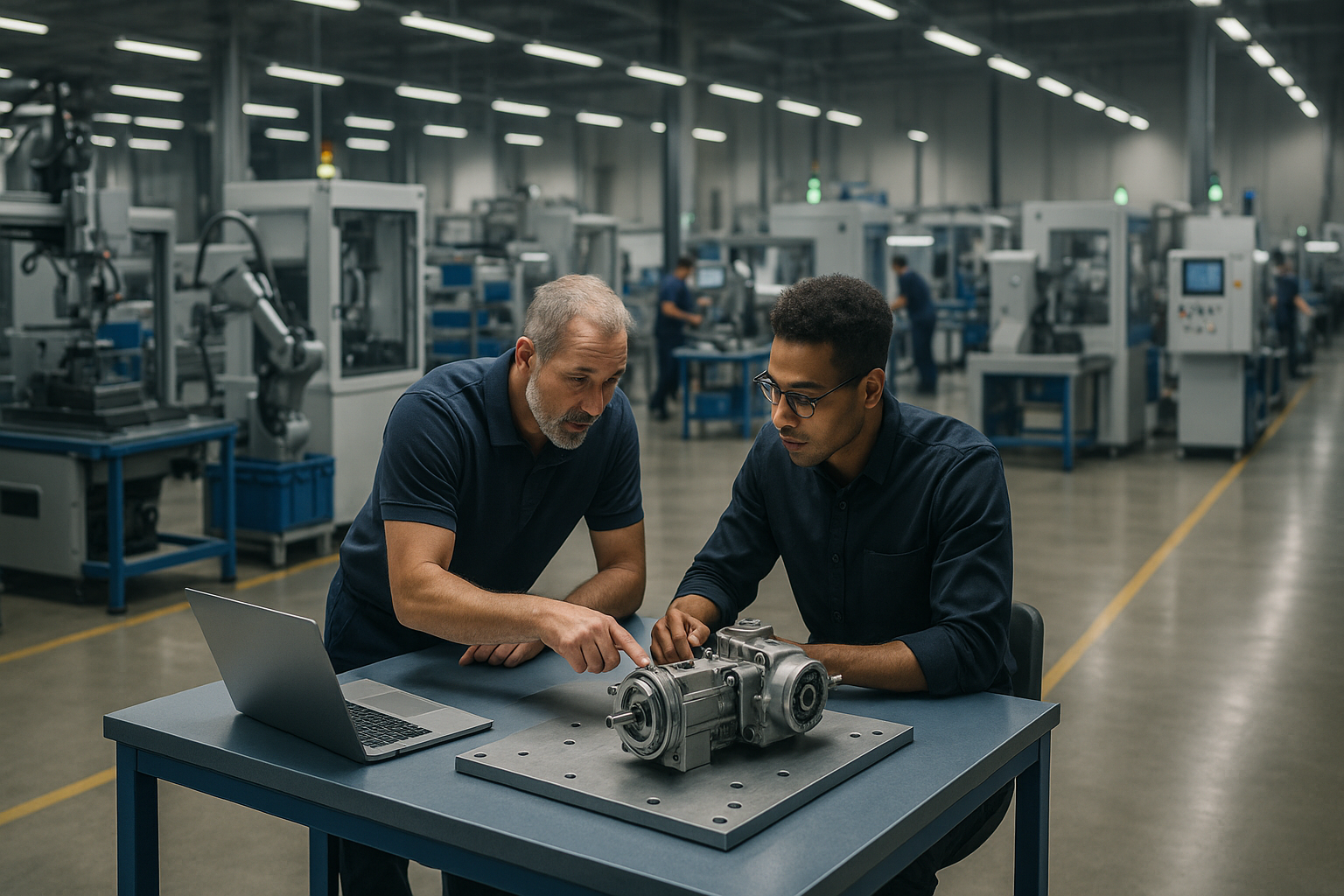Manufacturing Jobs and Career Paths in Spain
The manufacturing sector offers a wide range of roles that combine practical skills, technical knowledge, and procedural discipline. Whether you are considering entry-level factory work or planning a long-term career in industry, understanding the types of roles, training paths, and workplace expectations can help you make informed decisions. This article outlines common job categories, skill priorities, and the landscape of industry sectors in Spain, without implying the presence of current openings or specific vacancies. It aims to clarify what employers typically look for and how you can prepare for a manufacturing career in your area.

Manufacturing roles and typical responsibilities
Manufacturing roles span from hands-on production tasks to technical and managerial positions. On the factory floor, operators and assemblers carry out repetitive tasks, operate machinery, and follow quality procedures. Skilled trades such as maintenance technicians, electricians, and machinists focus on equipment upkeep and precision work. Quality inspectors, logistics staff, and production planners coordinate output and materials. Technical roles, including process engineers and automation specialists, work on optimizing production. Responsibilities vary by product and process, but common expectations include adherence to safety protocols, consistent quality control, and clear documentation.
How to start a career in manufacturing
Starting a manufacturing career often combines formal training with on-the-job experience. Vocational education programs, apprenticeships, and short technical courses provide practical skills for entry-level work. Many employers value certifications in areas like welding, electrical installation, or CNC operation. Soft skills such as punctuality, teamwork, and basic problem-solving are also important. To begin, identify local services offering vocational training or apprenticeships in your area, build a simple CV highlighting any hands-on experience, and be prepared to demonstrate practical aptitude during interviews or trial shifts.
Factory skills employers seek
Employers seek a mix of technical and transferable skills. Technical abilities can include machine operation, basic mechanical troubleshooting, reading technical drawings, and familiarity with quality systems. Increasingly, digital literacy—such as using production software, understanding PLCs (programmable logic controllers), or interpreting sensor data—is valued. Transferable skills like communication, attention to detail, and the ability to follow Standard Operating Procedures (SOPs) contribute to safer, more efficient operations. Demonstrable safety awareness and a readiness to work rotating shifts or structured schedules are often listed as important requirements.
Industry sectors and specializations in Spain
Spain’s industry includes diverse manufacturing sectors that offer different types of roles. Automotive component production, food and beverage processing, pharmaceuticals, chemical manufacturing, and renewable energy equipment are among typical specializations. Each sector has specific standards and regulatory requirements—for example, hygiene protocols in food processing or stringent documentation in pharmaceuticals. Regional clusters may concentrate certain sectors, so exploring industry contacts and local services can identify which factories and specializations are prominent in your area. Note that specific hiring needs change over time and this overview does not indicate active openings.
Career progression and training options
Career progression in manufacturing often follows multiple paths: moving from operator to team leader and then into supervisory or technical roles, or transitioning from production to quality assurance, maintenance, or engineering. Employers commonly support training through internal programs, partnerships with vocational schools, and certification courses. Continuous learning—such as studying for electrical licenses, automation certificates, or quality management credentials—can open advanced technical or administrative positions. Seeking mentors on the shop floor and documenting improvements you’ve contributed to are practical ways to demonstrate readiness for promotion.
Conclusion
Manufacturing jobs offer varied entry points and long-term career possibilities within factory settings and across industry sectors in Spain. Gaining practical skills through vocational programs, apprenticeships, or on-the-job experience is central to progression, while safety awareness and adaptability remain constant priorities. This article provides an informational overview of typical roles, skills, and training paths rather than listing or implying specific job vacancies. For concrete opportunities, consult verified employer postings, official training providers, and local services that connect candidates with training and employment resources.






